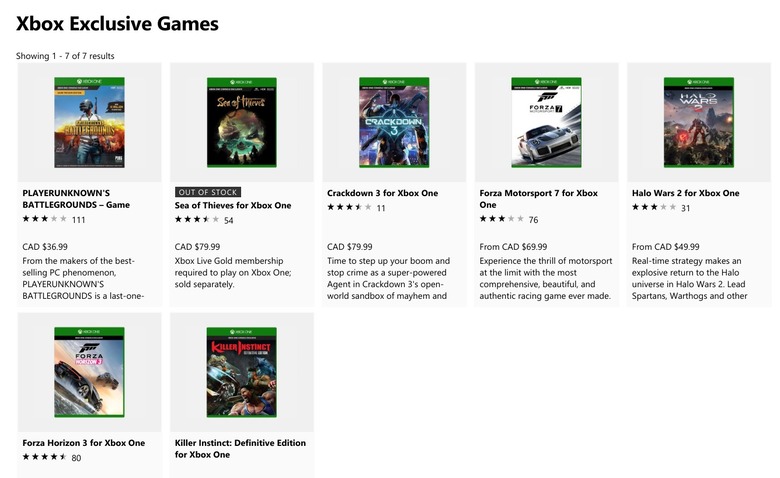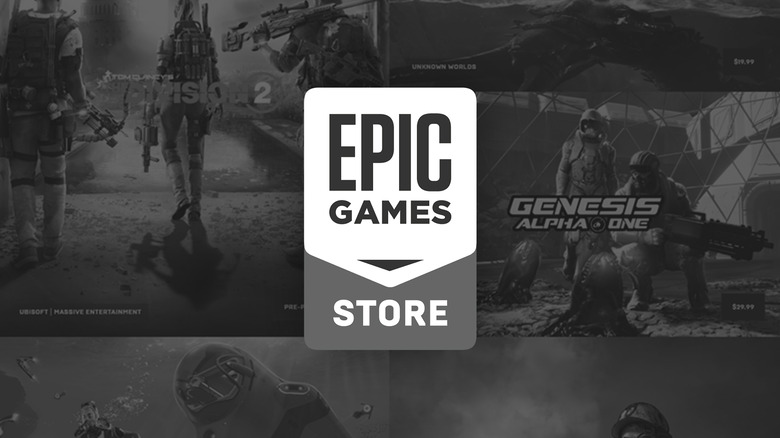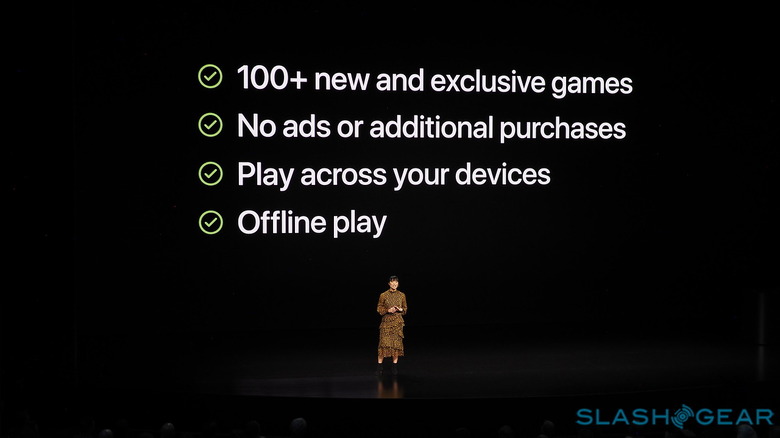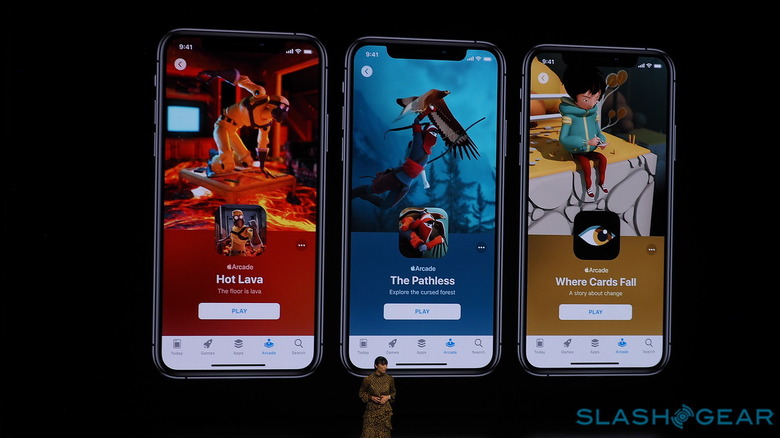PC And Mobile Gaming Are Entering A Sad Exclusivity Phase
Just like the larger entertainment industry, the gaming market is a rather aggressively competitive one. There are equal amounts of sometimes glorified success stories and urban legends as well as tragic drama of overtimes and turnovers. Companies, especially the big ones, are not too shy to use tactics that, on the surface, seem unfair and exploitative – and yet these are often excused as common industry practices.For years, the PC gaming market has prided itself for steering clear of some of those practices that have become common in the console market but now it seems the culture of exclusivity is invading not just PCs but mobile as well.
Just as Epic Games CEO Tim Sweeney once remarked, the PC gaming market has largely been characterized by its openness. It was only recently, with the emergence of storefronts like Valve's Steam and other publisher-specific stores that the idea of accessing PC games only from certain sources became conceivable. But even then, gamers could still buy physical copies (if available) and install and play them on any PC.

Consoles are, of course, different beasts and right from the start, each system was defined not just by their special hardware but by the games that were available for them. And to make sure customers gravitated towards their systems, console makers had to use the strategy of exclusivity. The more (good) games that were available on a console, the more likely people would buy that console and continue patronizing it.
Not all console games adhere to that but it's such a common practice that no one questions it anymore. There are a few bright moments, like when Microsoft and Nintendo gang up on Sony over cross-platform play but that's the exception rather than the norm. Unfortunately, that may soon also be commonplace on PCs and, ironically, Epic Games might be the one to blame.

It almost mirrors the evolution of the console gaming market. Epic Games Store needs to defeat the Goliath that Steam has become and the promise of an 88/12 split may have not been enough to lure in the big titles Epic then dangled the carrot of paying developers and publishers to launch exclusively on the Epic Games Store. And it worked, but not without attracting no small amount of criticism from gamers and developers alike.
At GDC, Epic clarified that it won't be making that many exclusive deals forever. It also said, however, that it would still strike a few in the foreseeable future. In other words, it will continue that practice even if tones it down a bit. But now that it has proven how effective it can be, what's to stop others, like Valve, from using the same formula as well?

Platform exclusivity is also encroaching on mobile, though the story may have a different twist. It's not uncommon for some games to at least first launch on iOS before launching on Android if at all. That decision, however, has mostly been based on technical merits of the platform ("easier to develop for iOS") or profitability ("more paying iOS users"). Apple is changing the rules slightly and it might very well succeed in killing Android gaming.

Its Apple Arcade subscription service has already roped in quite a few exclusives that will never see the light of day on Android. The benefits for developers far outweigh any potential drawbacks. They profit from focusing on one platform only and avoiding the headaches supporting both iOS and Android.
They also conveniently avoid the piracy that plague's Google's platform. Android gaming phones are on the rise and Android phones far outnumber iPhones. Exclusives, however, could effectively turn the tide in Apple's favor.

Unfortunately, Google has long neglected the state of Android gaming. It has only recently taken steps towards promoting the platform for gaming but it might be too little too late. It has barely done anything to actively encourage large game developers to highlight Android, leaving OEMs and publishers to strike partnerships on their own.
Once those publishers see how the grass is greener on the other side of the fence, even OEMs will be left grasping at straws.
